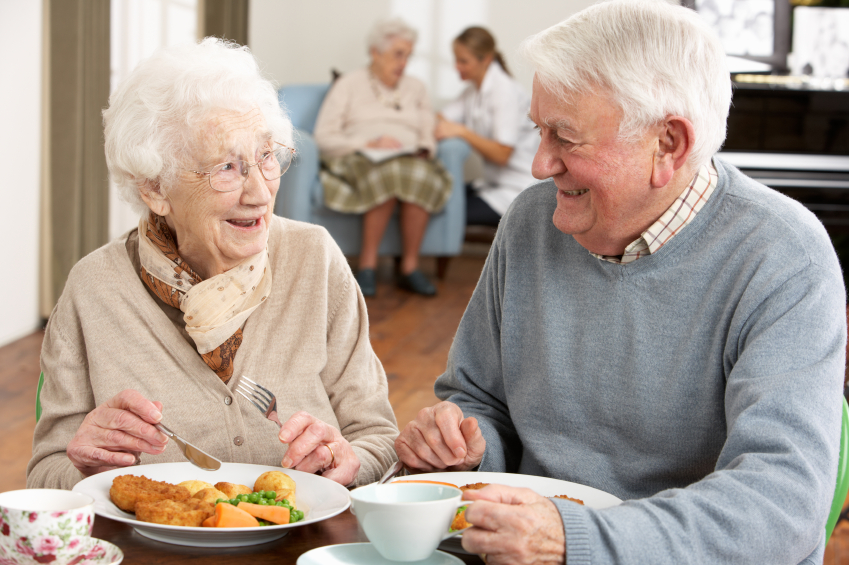As people around the world get older, it’s crucial we pay careful attention to their diet. One major worry is our seniors not getting enough protein – something that can often go unnoticed but plays a huge role in this age group’s health.
This problem stands out, especially in senior living communities where proper nutrition might fall short sometimes, quietly putting residents’ lifespan and quality of life at risk. It’s vital we grasp and tackle these dietary issues to foster better aging conditions.
Understanding Protein Undernutrition in Seniors
Eating enough protein is tricky for older people, even though it’s so important. As we get older, what our body needs from food changes a good bit. Protein helps keep muscles strong and takes care of other key bodily functions.
But here’s the catch – eating can become less enjoyable as you age due to things like a smaller appetite or changes in how foods taste and smell. Plus, problems with chewing or swallowing can make getting adequate protein harder than ever.
When not enough gets consumed, muscle loss sets in (that’s called sarcopenia). It also means defenses against sickness drop down, too — recovering becomes slower, affecting overall health significantly and making elders more dependent on others.
Risk Factors and Prevalence
There are many reasons why seniors might not get enough protein. Health problems like diabetes and heart troubles can be factors, as well as issues such as lack of good food due to low income or social struggles related to loneliness and depression.
Certain groups face a higher risk. For example, those in care homes or hospitals often don’t eat right. Recognizing these risks is key so we can step in early with strategies that prevent undernutrition from becoming an issue.
Impact on Health and Longevity
We can’t underestimate how not getting enough protein hits the health and lifespan of older folks hard. It speeds up muscle loss and frailty and puts them at greater risk for falls or breaks. This often means more hospital trips.
In addition, if they have chronic illnesses already, then undernutrition makes it worse and slows down healing from sudden illnesses. This reduces their overall life expectancy and negatively impacts the quality of life of seniors. So, we need to address these issues so our elderly folks can live longer, healthier lives.
Strategies for Prevention and Management
Avoiding and dealing with protein deficiency in seniors requires a multi-step plan. It’s critical to educate both the elderly and their caretakers about nutrition. We need custom-tailored diets and tasty, high-protein food options that are affordable, too.
Regular check-ups for nutritional health combined with exercises can help fight against not having enough proteins. Working together is key. Healthcare workers, caregivers, and community programs all have roles to play here if we want success.
Conclusion
Seniors not getting enough protein is a quiet threat to their health and lifespan. We need more awareness, early action, and solid plans to manage it. If we focus on the dietary needs of older people, using prevention strategies can make a big difference in seniors’ overall wellness and living standards. Doctors, caregivers, and communities all have crucial roles – working together can help beat this often-ignored but crucial problem.

 2018 ·
2018 ·
Leave a Reply